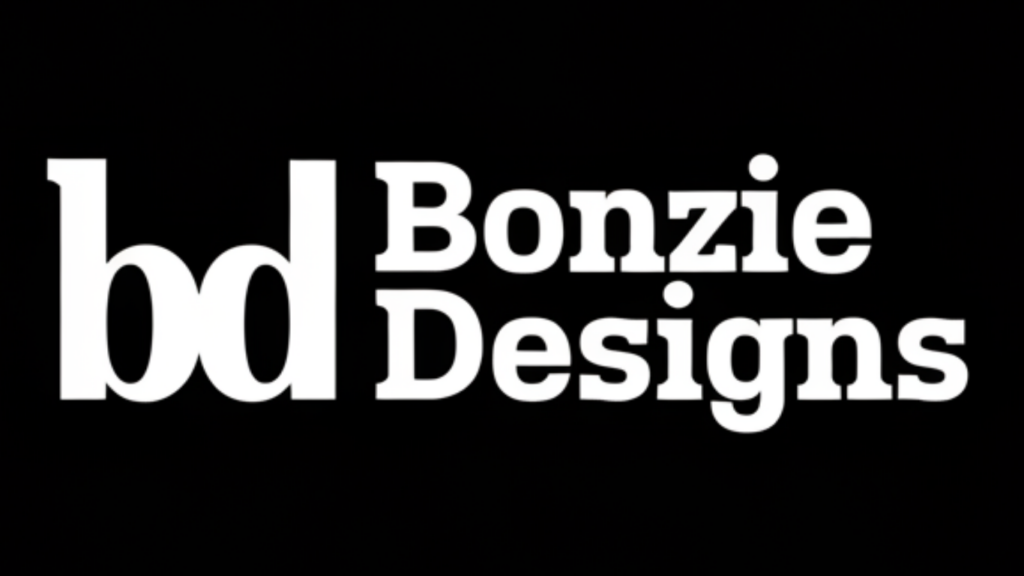Navigating the world of credit cards can be a daunting task, especially when common mistakes can lead to financial pitfalls. Understanding these common credit card mistakes and how to avoid them is crucial for maintaining a healthy financial profile. Whether you’re a new cardholder or a seasoned user, being aware of these pitfalls can save you money and stress.
Many credit card users fall into the trap of overspending and poor management, which often leads to hefty interest charges and mounting debts. By recognizing these mistakes early on, you can make informed decisions that will benefit your credit score and overall financial health. Our guide will walk you through the most frequent errors and provide practical tips for sidestepping them.
From missing payments to maxing out your credit limit, these common missteps can have long-lasting effects on your financial stability. By equipping yourself with the right knowledge, you can avoid the pitfalls that catch many off-guard. Read on to discover the best strategies to keep your credit card usage in check and maintain your financial well-being.
Overspending on Limit
One of the most common credit card mistakes is overspending, often driven by the temptation of a seemingly endless credit limit. When users spend beyond their means, it leads to high balances that become difficult to pay off over time. This can severely impact one’s credit score and financial health.
To avoid overspending, individuals should create a budget that includes their credit card expenses. Monitoring spending through apps or regular checking statements can help maintain control over finances. Setting personal spending limits according to one’s ability to pay can prevent accumulating unmanageable debt.
In addition, users should be mindful of their purchasing habits, distinguishing between wants and needs. By establishing disciplined spending practices, cardholders can avoid the financial strain caused by overspending and maintain a stable credit score. For more tips on managing your finances and building your credit history, visit Build Your Credit History with a Credit Card. Being strategic in your spending can help you strengthen your financial foundation and achieve long-term stability.
Missing Payments
Missing credit card payments is another frequent error that negatively affects financial well-being. Late payments often result in penalties, increased interest rates, and damage to credit scores, making future borrowing more expensive.
Setting up automatic payments is a reliable way to ensure timely credit card bill settlements. This system guarantees that the minimum payment is made, helping avoid late fees and potential credit score impacts. Calendar reminders can also be effective for those who prefer manual payment methods.
Moreover, maintaining an emergency fund can provide a financial cushion during unexpected situations, ensuring payments are not missed due to unforeseen expenses. This proactive approach ensures financial stability and protects one’s credit rating. For more insights on maximizing your credit card benefits and understanding their value, visit Credit Card Benefits: Are They Worth It?. Planning ahead can help reduce the financial strain during emergencies and keep your credit on track.
Ignoring Credit Card Statements
Many cardholders ignore their credit card statements, missing vital information about their spending habits and potential errors. Overlooking statements can lead to undetected fraud and prevent effective financial management.
Consistently reviewing credit card statements allows users to spot unrecognized charges swiftly. This habit not only aids in identifying fraudulent activities but also helps track purchases and assess financial habits. Correcting mistakes found on statements can prevent long-term financial damage.
Incorporating regular statement reviews into financial routines ensures better spending control and the opportunity to correct any discrepancies. Being vigilant in this area helps users maintain healthy credit and financial awareness. For more tips on maximizing your rewards and staying on top of your financial management, visit How to Maximize Your Credit Card Rewards and Miles. Regular monitoring can prevent unexpected charges and empower you to make smarter financial decisions.
Maxing Out Credit Cards
Maxing out a credit card is a serious mistake that can affect one’s credit score and future borrowing ability. High credit utilization—the ratio of credit card balances to credit limits—can indicate higher risk to creditors.
A good practice to avoid maxing out is to maintain a credit utilization rate below 30%. This can be achieved by paying off balances frequently or spreading expenses across multiple credit cards. This method keeps the utilization rate low while managing finances effectively.
Additionally, responsible usage involves being aware of one’s total available credit and maintaining spending well below that threshold. Prudent management of credit limits ensures financial flexibility and good credit health.
Frequent Cash Advances
Credit card cash advances are often accompanied by high fees and interest rates, making them an expensive borrowing option. The immediate cost and ongoing interest can create a financial burden that surpasses the original advance amount.
To steer clear of the high costs associated with cash advances, individuals should consider alternative options such as personal loans or emergency savings. These methods generally offer lower interest rates and more manageable repayment terms.
Being aware of the fees tied to cash advances can also deter usage. Understanding the financial implications leads to better decision-making and minimizing costly debt accumulation. This approach fosters long-term financial stability and health.
Table: Typical Fees for Credit Card Transactions
| Transaction Type | Typical Interest Rate | Additional Fees |
|---|---|---|
| Purchases | 15% – 25% APR | None |
| Balance Transfers | 15% – 25% APR | 3% – 5% of the amount |
| Cash Advances | 20% – 30% APR | 5% of the amount or $10, whichever is greater |
Conclusion
Understanding and avoiding common credit card mistakes is crucial for maintaining financial health. By recognizing overspending, ensuring timely payments, regularly reviewing statements, limiting credit utilization, and avoiding cash advances, individuals can manage their credit wisely. These practices help sustain a good credit score and offer long-term economic stability. You can visit Credit Karma to compare credit cards and find the option that best suits your financial needs.
